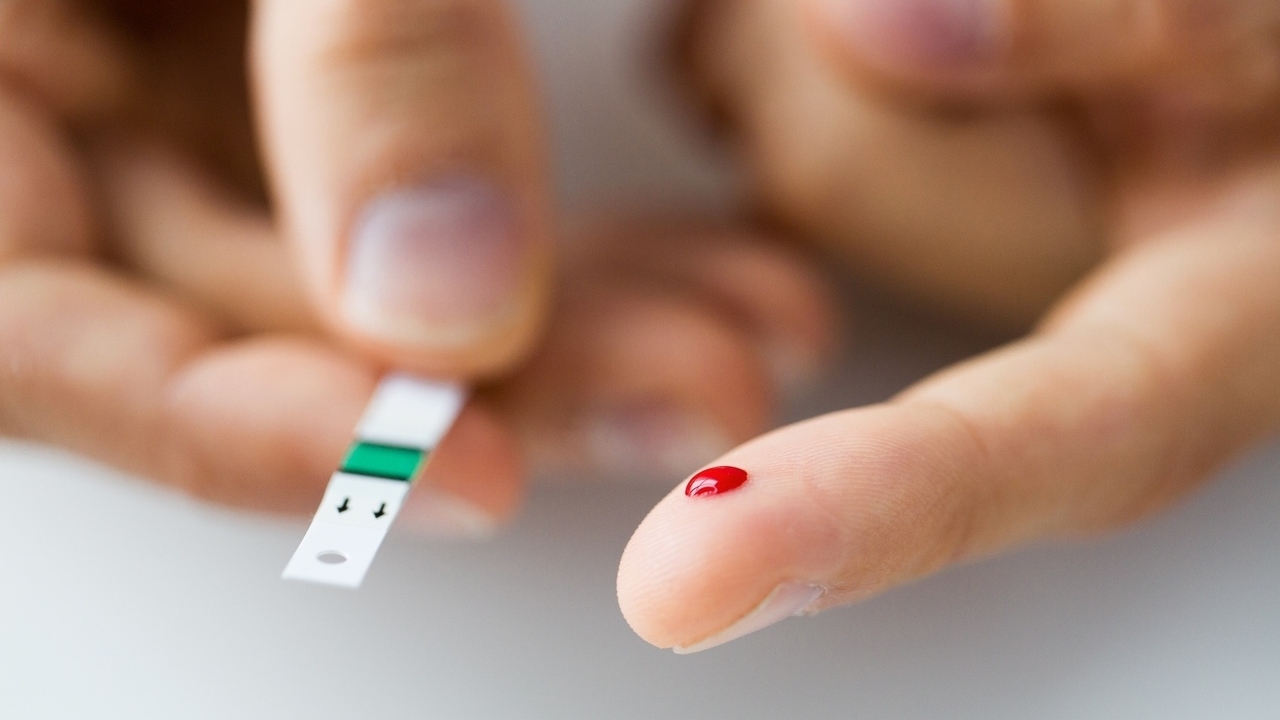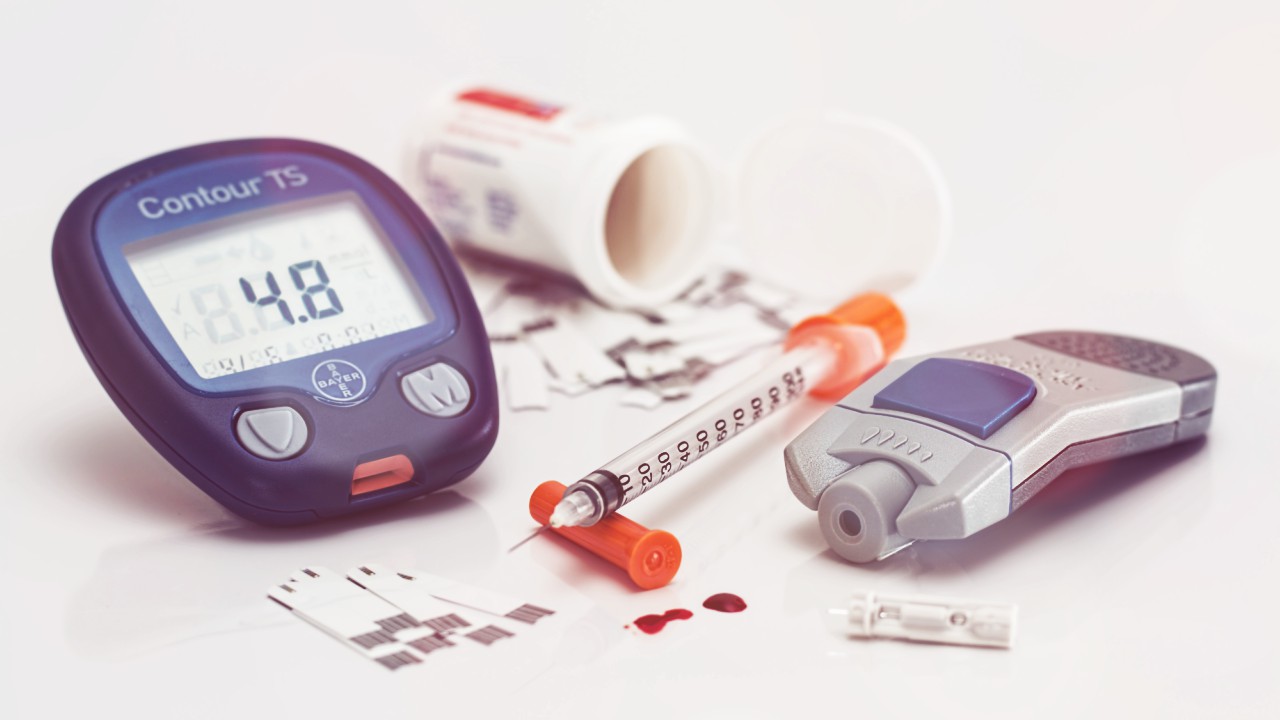Dr. Einhorn shares what women should know about insulin therapy.
Dr. Einhorn:
Insulin therapy is everything if you have type 1, diabetes and the way nature works, there is always a little bit of what’s called basal insulin, whether you’re eating or not, there’s some insulin out in the bloodstream. When you eat, there’s a big bolus of insulin that comes from your pancreas, and in type 1 diabetes you just try to replicate that exactly.
So you typically have a long-acting insulin, and there are now two brands of those, both very effective, they come in very attractive and easy-to-use pens, and the basal insulin part is usually quite simple because the timing doesn’t matter very much and you can be pretty consistent day in and day out.
The bolus that you take with food depends on how much you eat and how fast you eat. A lot of variables go into that, but that’s what you do with your physician and your diabetes educator.
Type 2 diabetes is often treated with lifestyle alone or lifestyle and a couple of oral agents, but there comes a time in the career of many people with type 2 diabetes, they also need to take insulin. The pills just aren’t working well enough, and for them to start is usually with one of the long-acting insulins, usually just one time of the day, usually in the evening.
And again, that’s a pretty easy thing to do. You adjust the dose to a normal fasting blood sugar. You can usually do that in a week or two or three, and then let just steady from then on, and so life that way is really pretty easy. If you need to advance to insulin with meals, it gets more complicated with each injection.
Today, we don’t use much of what’s called the regular insulin or NPH, which are intermediate-acting insulins. We use the ultra-fas,t short-acting insulins and the very long lasting basal insulins. That makes life dramatically easier for the person because there’s better predictability and so much less risk of low blood sugar and weight gain, which are the hassles of insulin.
I should also reassure people that insulin today is extremely quick and painless. Again, the pens are very attractive and easy to use. The needles have gotten so good that you really can hardly feel the injection. In fact, when an inhaled form of insulin came out and wasn’t superior to the injections, people on injections really didn’t flock to the inhaled form. They were doing just fine on injections.
So, if you imagine needles, "I am giving blood," or "I am getting a blood test," that hurts, but taking an insulin injection is truly painless.
About Dr. Einhorn:
Dr. Daniel Einhorn received his undergraduate degree from Yale University, his medical degree from Tufts University School of Medicine, and his internship, residency and fellowship at Harvard Medical School. He served on the faculty of Harvard until coming to San Diego in 1984, and has since been a clinical endocrinologist with Diabetes and Endocrine Associates, Associate Clinical Professor of Medicine (Voluntary) at University of California, San Diego, and, until 2000, the Medical Director of the Diabetes Treatment and Research Center at Sharp Healthcare. He is the Medical Director of the Scripps Whittier Institute Diabetes Program. Dr. Einhorn has held many leadership positions with the Board of the American Association of Clinical Endocrinologists, the American Medical Association's Diabetes Advisory Council and The Endocrine Society. He Chaired the American College of Endocrinology Task Force on the Insulin Resistance Syndrome and the Conference on the Insulin Resistance Syndrome. He has served on the American Diabetes Association (ADA) Managed Care Initiative and on the regional ADA and Juvenile Diabetes Foundation, and as Chair of the Diabetes and Pregnancy Program of San Diego and Imperial Counties. He is a fellow of the American College of Physicians and the American College of Endocrinology. His research and publications cover diabetes prevention and reversal, recognition and treatment of diabetic complications, new technologies, new pharmaceuticals, combination therapies, and clinical decision-making.
View Dr. Einhorn's Videos:
https://www.empowher.com/users/dr-daniel-einhorn
Visit Dr. Einhorn at the Whittier Institute for Diabetes:
http://www.whittier.org/pages/pp_medical.html#Einhorn














